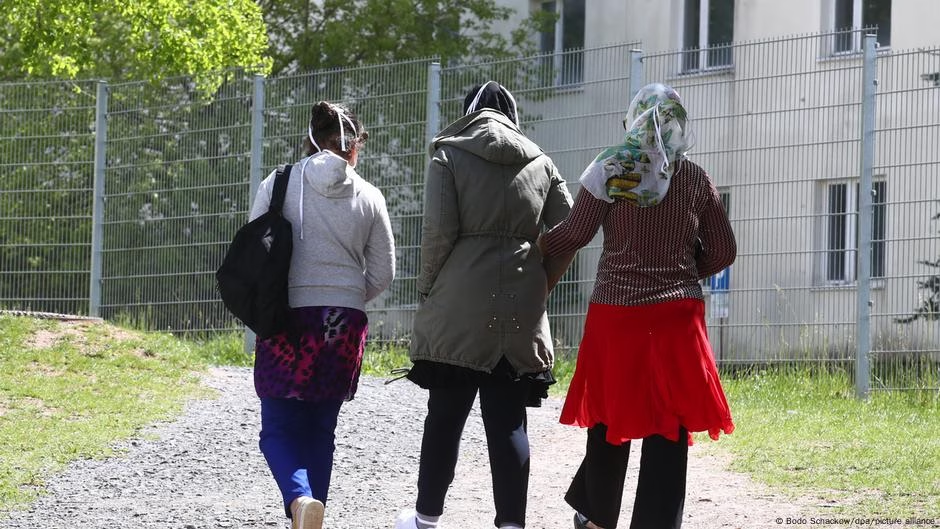“On my first night in Germany, I slept better than I had in years. I will never forget that night,” she told DW.
While Doğan appreciated the security offered by Germany, she continued to be tormented by sporadic fears for her own life and that of her son. Trauma makes concentrating difficult and it is not quickly overcome, which is a prerequisite for taking up a job.
Despite her traumatic experiences, Doğan made it back into employment. She has been working as a care worker for the elderly for two years now after completing an eight-month training program — and German language courses. The 53-year-old says she feels her work is unchallenging, but she cannot cope with switching careers again.
The midwife has also been helped by Work for Refugees, a project run by GIZ / Society for Intercultural Coexistence and other cooperation partners, and funded by the Berlin Senate (SenASGIVA). It is one of a number of publicly funded projects and nonprofit organizations launched to address the diverse challenges facing refugees and help dismantle recruitment obstacles.





